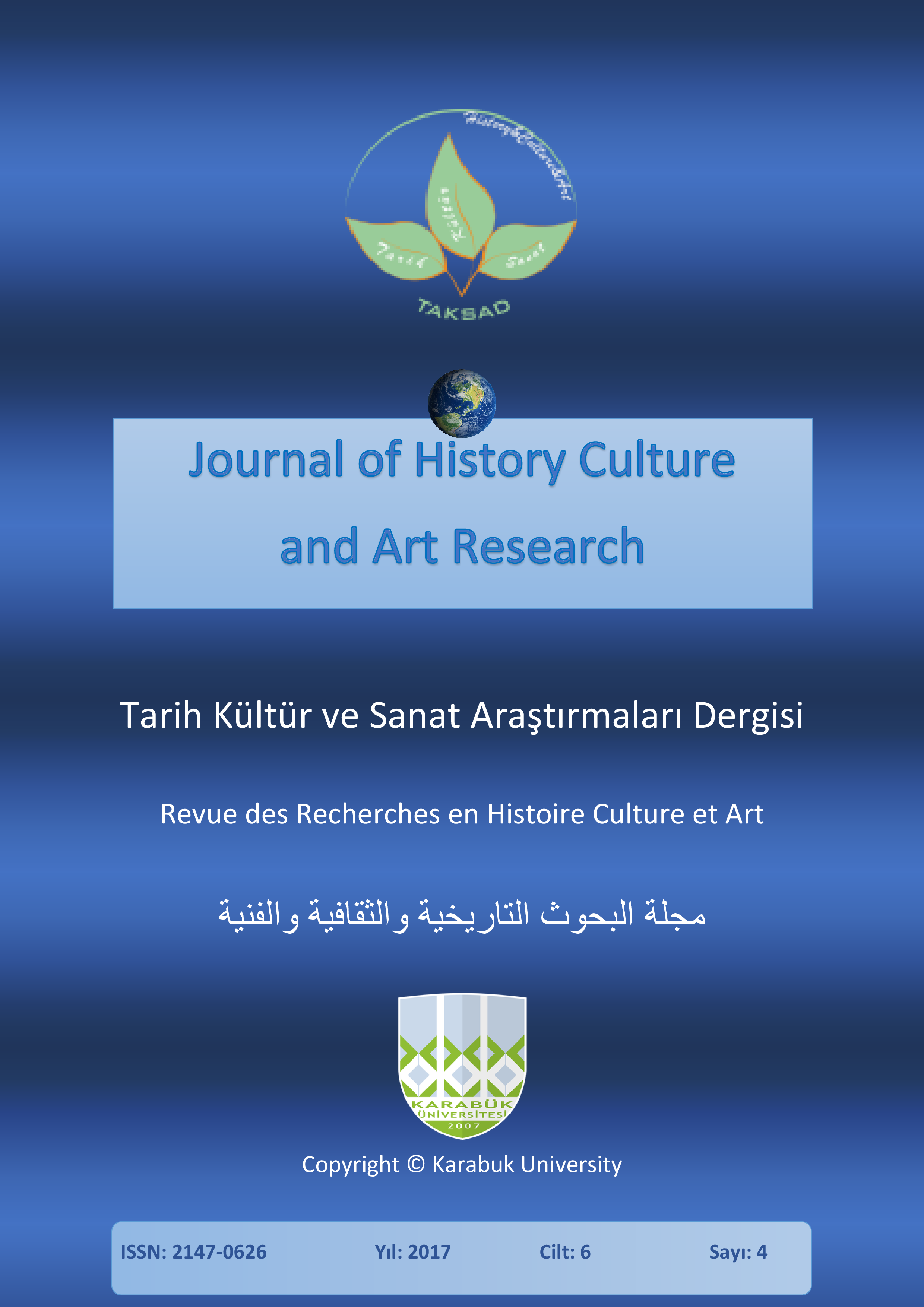The Role of Wishes in Tatar and English Linguistic Cultures
DOI:
https://doi.org/10.7596/taksad.v6i4.1170Keywords:
Linguistics, Speech, Speaker, English language, Tatar language.Abstract
Wishes are an important category of speech etiquette, whose significance in society culture and life is undeniable. The purpose of this article is to compare the main ways of wishes in two completely different linguistic cultures. The main research methods include comparative, definitional, component and contextual analysis and ethnic-linguistic-culturological one. In the process of the study, we came to the conclusion that one of the few units of speech etiquette can function in parallel with many other phenomena of speech etiquette, such as greeting, farewell, congratulation, condolence, gratitude, advice, etc. Despite the fact that wishes are a natural norm of communication, they have a huge force of influence on a person, as they are aimed on the creation of a good mood for an interlocutor. In Tatar and English, wishes have different forms of use, which characterizes them as the most common unit of speech etiquette. Wishes are chosen by a speaker with an emphasis on the generally accepted value system, on the idea of a value system of a listener, as well as his own ideas about what is good or bad, pleasant or unpleasant for an addressee. The materials of this article can be used in the practice of intercultural communication, in the translation process of teaching English to a Tatar language audience at higher education institutions and schools in order to develop intercultural communication among learners.
References
Arakin, V. D. (2003). Practical English course, 2nd year. Moscow: Vlados IMPE.
Mekeko, N. M. (2001). The comparative analysis of speech etiquette unit functioning within the thematic group "wishes" in English and Russian. Dissertation in Philology. Moscow.
Shirmman, H. (2004). Яшәү моңы. Kazan: The Printing House.
The newest dictionary of foreign words and expressions (2007). Mn.: The modern writer.
Vdovina, E. V. (2001). Congratulation and wish in speech etiquette: conceptual and communicative analysis. Dissertation in philology. Moscow: 2001.
Downloads
How to Cite
Issue
Section
License
All papers licensed under Creative Commons 4.0 CC-BY.- Share — copy and redistribute the material in any medium or format
- Adapt — remix, transform, and build upon the material for any purpose, even commercially.
Under the following terms:
Attribution — You must give appropriate credit, provide a link to the license, and indicate if changes were made. You may do so in any reasonable manner, but not in any way that suggests the licensor endorses you or your use.
- No additional restrictions — You may not apply legal terms or technological measures that legally restrict others from doing anything the license permits.







